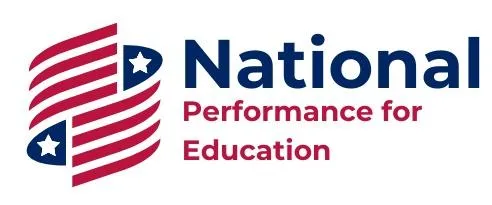
5 Research Validated Practices in Math
5 Research Validated Practices in Math
We often talk about the necessity of using of evidence-based strategies in the classroom, but having access to those resources takes work. This is especially true when we are managing all of the different roles we carry as classroom teachers.
To give you a head start on finding math practices that make a difference, I recently published a paper for the Centre for Independent Studies covering these 5 research-validated math practices you can count on.
Practice 1: Focus on the Language of Mathematics
Math is a language filled with a vocabulary of hundreds of terms that students need to know to be successful. This is especially true for the terms that are unique to math and terms that have different meanings when used in math as compared to other contexts.
Practice 2: Use Multiple Representations
Effective teachers use multiple representations in math instruction. These representations include: concrete, semi-concrete, and abstract representations.
Practice 3: Be Systematic and Explicit with Instruction
Systematic and explicit instruction requires teachers to be aware of the skill progressions with math, and deliver using the modeling, practice, and supporting practices.
Practice 4: Build Fluency
Fluency allows students to complete math work easily and accurately. This ability to navigate the fact and computational components of math work helps students by freeing up their working memory to be able to focus on the more complex problems.
Practice 5: Focus on Word Problems
Having students solve word problems requires a variety of skills to apply math principles to text-based problems.
Take time to read the paper (found here) through Centre for Independent Studies to learn more in-depth how you can implement these 5 research-validated practices in your classroom. You can also work through these free 8 modules at the National Center on Intensive Intervention to take an even deeper dive into these key practices that include lesson plans.




